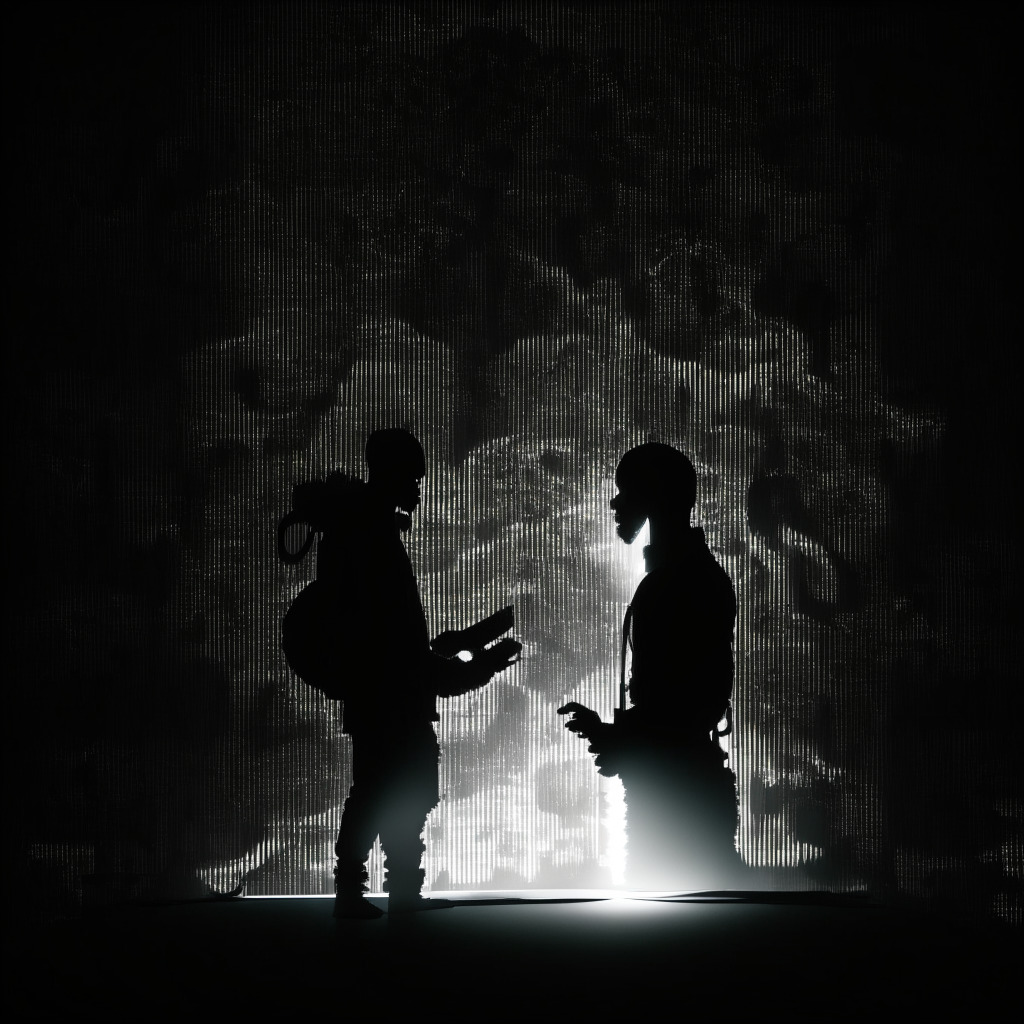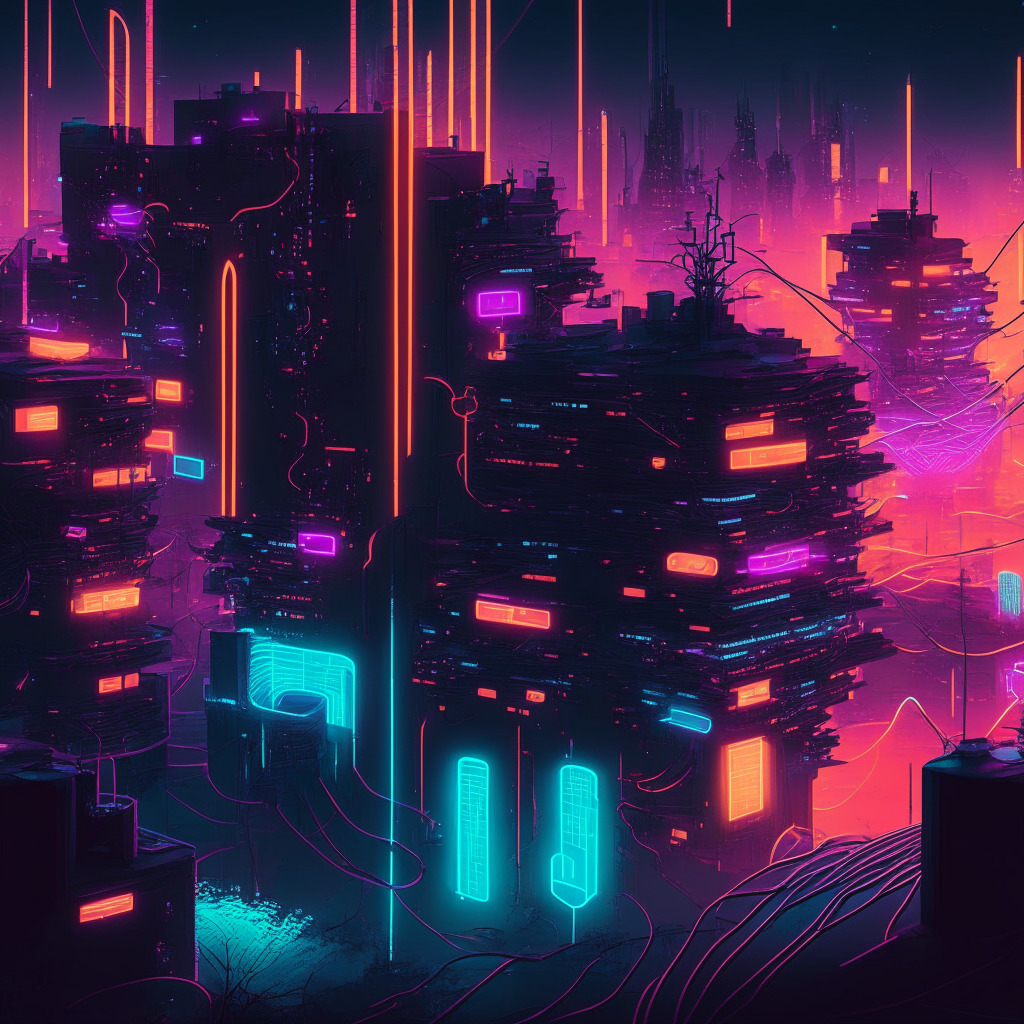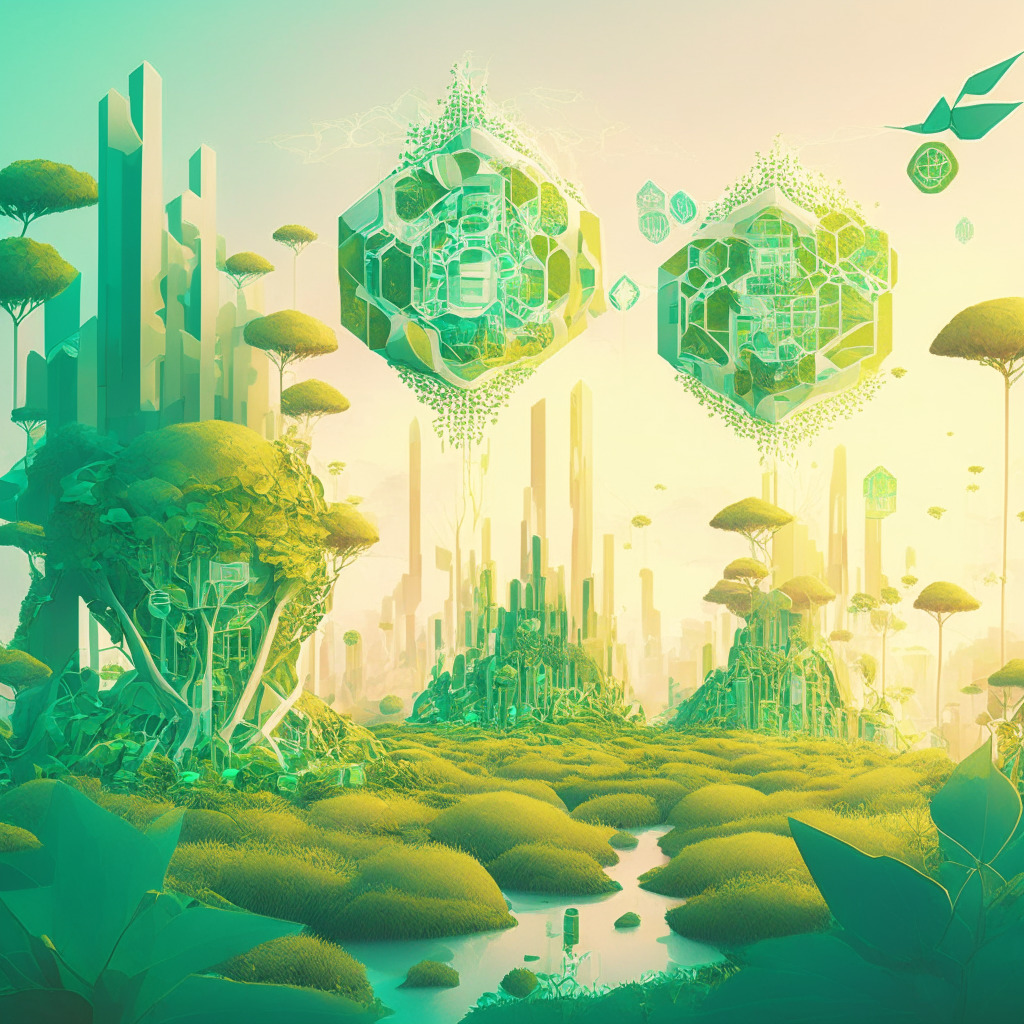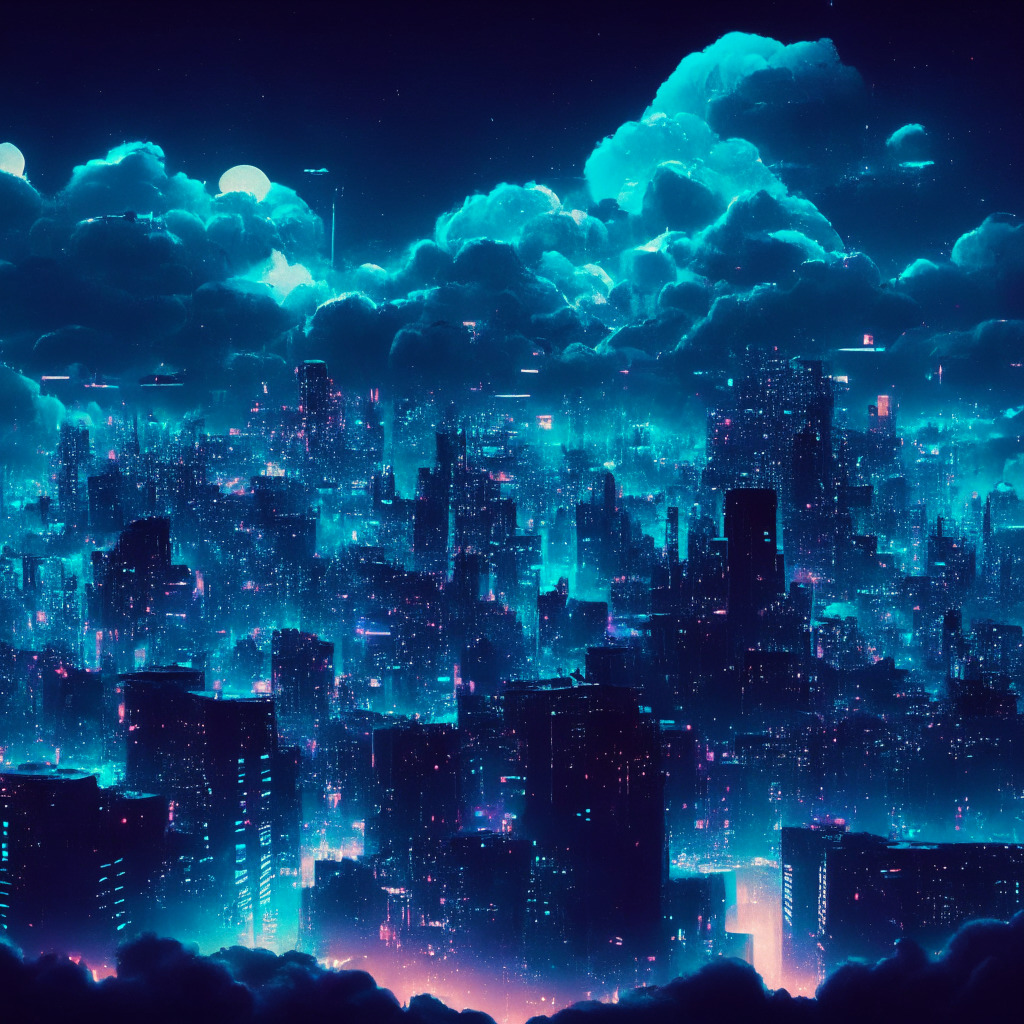In an unprecedented move within the music industry, an artificial intelligence (AI)-generated song featuring a vocal track of the renowned rapper, Drake, is vying for a Grammy nomination. A previously anonymous producer, now recognized as “Ghostwriter”, has submitted the viral track, “Heart on My Sleeve”, under two categories: Best Rap Song and Song of the Year.
In both categories, the award is traditionally attributed to the songwriter confirmed by a Ghostwriter representative to be human in this case. This becomes an interesting scenario as AI, a rapidly progressing technology, potentially receiving a Grammy nomination may also spark skepticism regarding the authenticity of the creativity involved.
The Recording Academy has officially allowed music with AI-generated components for awards starting this year. However, the nomination must target the human-created portion of the song, a nuance that has been confirmed by the CEO of the Grammys, Harvey Mason Jr.
Yet, it isn’t just about the inception of the track. The Academy also assesses whether the song is commercially available, a rule mandating a track to have “general distribution”. Although “Heart on My Sleeve” had been widely available on major streaming platforms, it was subsequently removed, falling into a purported “legal gray area” due to its usage of AI.
In an unexpected turn, Universal Music Group, a record-label titan in the music industry, requested major streaming platforms, including Spotify and Apple Music, to block AI services from garnering melodies and lyrics from copyright-protected tracks. Shortly post this request, Spotify ramped up policing of tracks transgressing copyright rules on its platform.
The implication of AI in the creation of music presents a rather complex question. It opens up a new horizon for innovation in the sector but also poses a challenge to human creativity and the legality involving copyright issues. Whether AI’s influence in music will be perceived as a ‘creative amplifier’ as put by Mr. Mason, or as a threat to human creativity, only time will reveal. However, this incident exhibits both the opportunities and concerns surrounding the integration of cutting-edge technology such as AI in our daily lives.
Source: Cointelegraph




